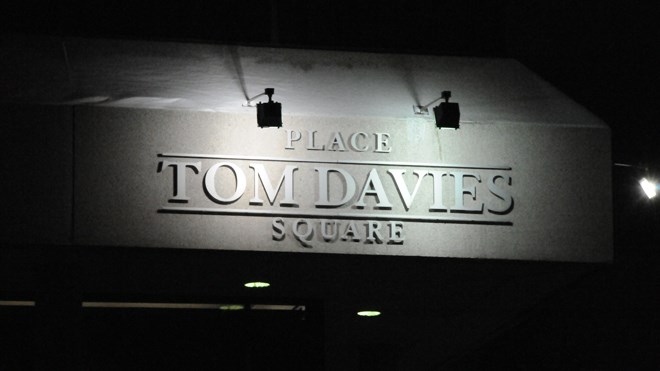Greater Sudbury has refused a Freedom of Information request seeking details on how a lawsuit was settled involving a former staffer in the mayor's office who sued the city after she was fired, claiming harassment.
Sudbury.com filed the request after the case was settled in May and the city refused requests to provide details, such as the money involved in the settlement and whether anyone admitted to wrongdoing.
The case centres on Alicia Lachance, who alleges she was harassed by Mayor Brian Bigger's chief of staff, Melissa Zanette, while Lachance was a public relations assistant after Bigger's election victory in October 2014.
Lachance sought $150,000 for being wrongfully dismissed, another $150,000 in aggravated and punitive damages, her legal costs and any other award “the court deems just.”
In her statement of claim, Lachance said she was a “well-respected” member of former Mayor Marianne Matichuk's office, but problems began soon after Bigger's victory when Zanette became her immediate supervisor.
“The mayor's office and its staff were treated with daily criticism, while the chief of staff's behaviour became radical, erratic and unprofessional,” the statement of claim reads.
“She began bullying, intimidating and she began to stalk the plaintiff on her Facebook page. The chief of staff's behaviour became verbally abusive and was often not justified to the situation that presented itself.”
The city filed a statement of defence denying any wrongdoing and refuting all allegations.
The statement says Lachance's work was not satisfactory, that she made grammatical, spelling and other errors, missed deadlines, “inefficiently managed her time” and “seemed distracted and unfocused while at work.
“The plaintiff was provided with support and constructive feedback on how to improve her performance,” the defence claim says. “The plaintiff was not receptive to any form of feedback or criticism regarding her work performance. She grew hostile towards her supervisor and towards any assignment she considered to be unimportant.”
The case bounced around in the courts for a few years before being settled last month. In the FOI, Sudbury.com asked for details on how much money – if any — Lachance received, and whether the city admitted any guilt or offered an apology.
In response, the city denied the request, citing section 14 (1) of the Municipal Freedom of Information and Protection of Privacy Act. That section prohibits the release of “personal information to any person other than the individual to whom the information relates.”
However, section 14 (2a) of the Act also requires the consideration of the “relevant circumstances” around the request, including whether “the disclosure is desirable for the purpose of subjecting the activities of the institution to public scrutiny.”
In our appeal, Sudbury.com is arguing the public has a right to know the details of the settlement, because of the possibility that the actions of a high-ranking member of the mayor's office was not only inappropriate, but cost taxpayers money to settle the case.
